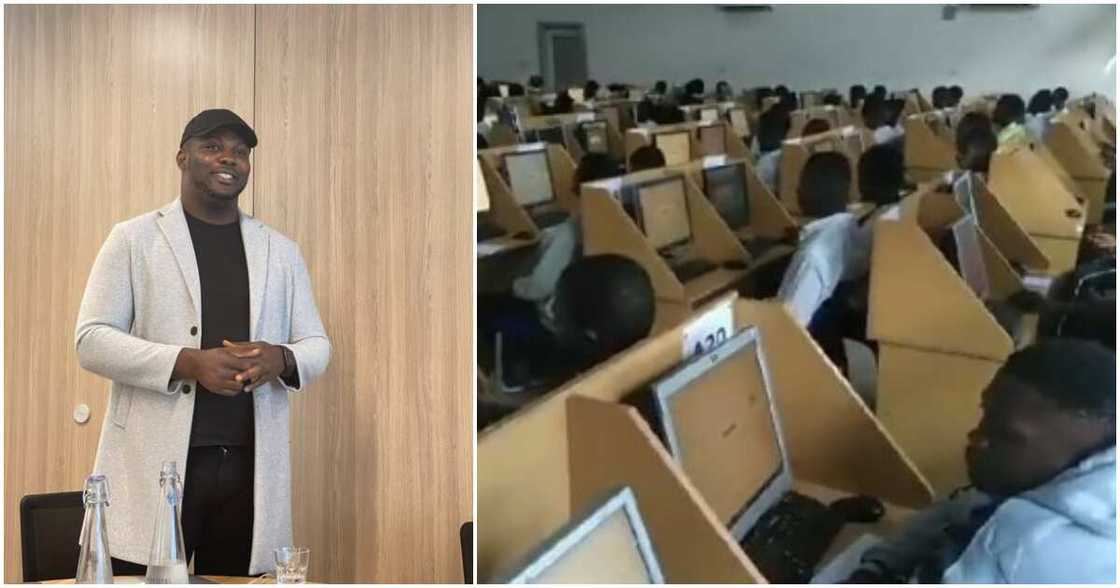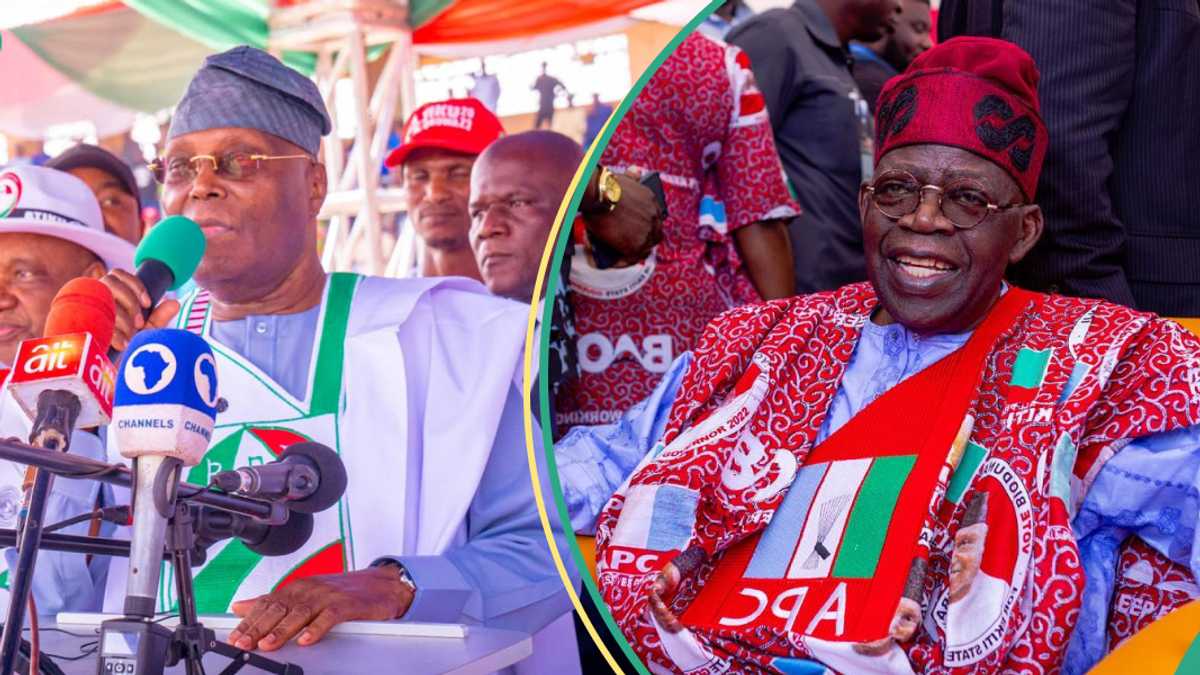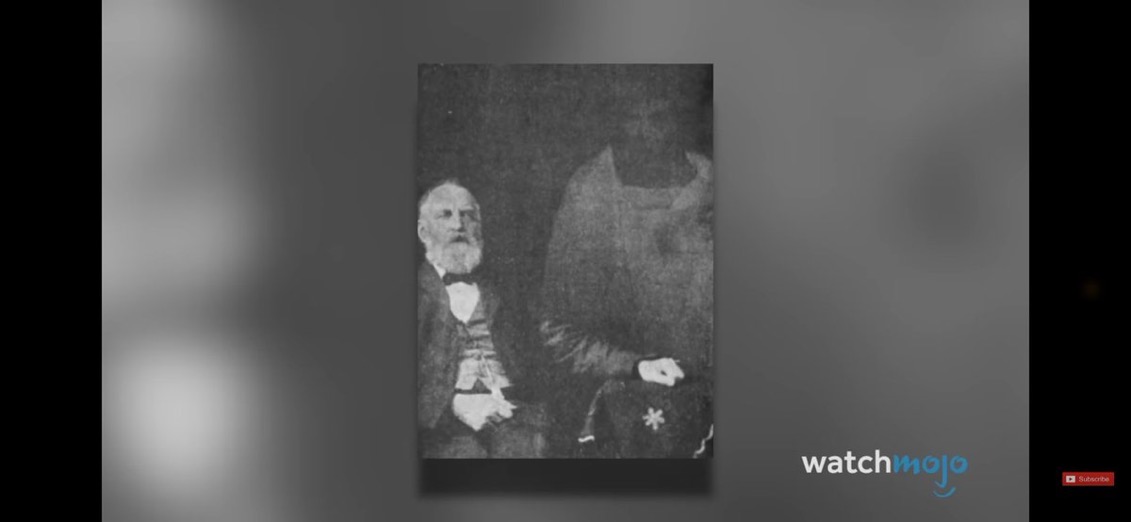Educationist Proposes N400,000 Salary for Nigerian Teachers, Shares What Will Happen
Education development advocate and CEO of Educare, Alex Onyia, urged comprehensive reforms in Nigeria’s education sector, advocating for stricter academic qualifications for teachers and significantly enhanced remuneration.
In a series of social media posts on Monday, Onyia proposed that the minimum qualification for teachers in Nigeria should be a master's degree, with a minimum of a second-class upper division (2:1) in their first degree.

Source: Twitter
“Being a teacher should be something of great pride, and the academic standards should be very high,” he stated. “If I were the one in charge, I would do this.”
Onyia also recommended increasing the starting salary of teachers to ₦400,000 monthly, revising his earlier suggestion of ₦300,000.
Additionally, he proposed that teachers be provided with brand-new cars, to be paid off over time.
“The best should train the coming generations,” he emphasised, citing Finland as a model where all primary and secondary school teachers must hold a master’s degree. “This significantly transformed their education which is one of the best globally. Their teachers are paid very well.”
As part of his proposed reforms, Onyia suggested mandatory biannual licence renewals for teachers, tied to continuous training and certification exams.
The call for reforms sparked mixed reactions online.
A social media user, Ikenna, opposed the requirement for a master’s degree, arguing, “A bachelor’s degree holder is more than qualified to handle problems at the primary and secondary school levels. It’s not about the class of degree.”
Mikail expressed concerns about implementation, stating that such standards would disqualify more than half of Nigerian schools but acknowledged that removing substandard schools might help establish better benchmarks.
J. Opara supported higher standards but called for flexibility. “I think it should be a degree in Education or if you’re from a field outside education, you should do a PGD in education for one year.” He also advocated for mortgage and car loans, subsidised healthcare and school fees for teachers, and foreign training tied to service bonds.
Kolawole argued that practical teaching ability should take precedence over academic qualifications. “Minimum requirement should be a proven ability to actually impart knowledge… not just good BSc and PG grades.”
Some commentators raised concerns regarding rural accessibility. Holly Aboh questioned the feasibility of Onyia’s proposals in low-income areas such as rural Niger State, while Georgevin Jr. cautioned that they could make education “more inaccessible.”
Others, like @MsIfyAmana, called for curriculum reforms and increased funding for teacher training. Chyko underscored the importance of passion over qualifications, stating, “Passion trumps certificates every day, twice on Sunday.”
Adégòkè recommended more specialised B.Ed programs rather than requiring master’s degrees, adding, “₦300k/month for teachers with Masters Degrees? The pay should reflect the value they bring.”
Despite the varying opinions, Onyia maintained his stance, asserting, “Within a year, Nigeria education will be transformed” if his proposals were implemented.
PAY ATTENTION: Сheck out news that is picked exactly for YOU ➡️ find the “Recommended for you” block on the home page and enjoy!
Source: Legit.ng












